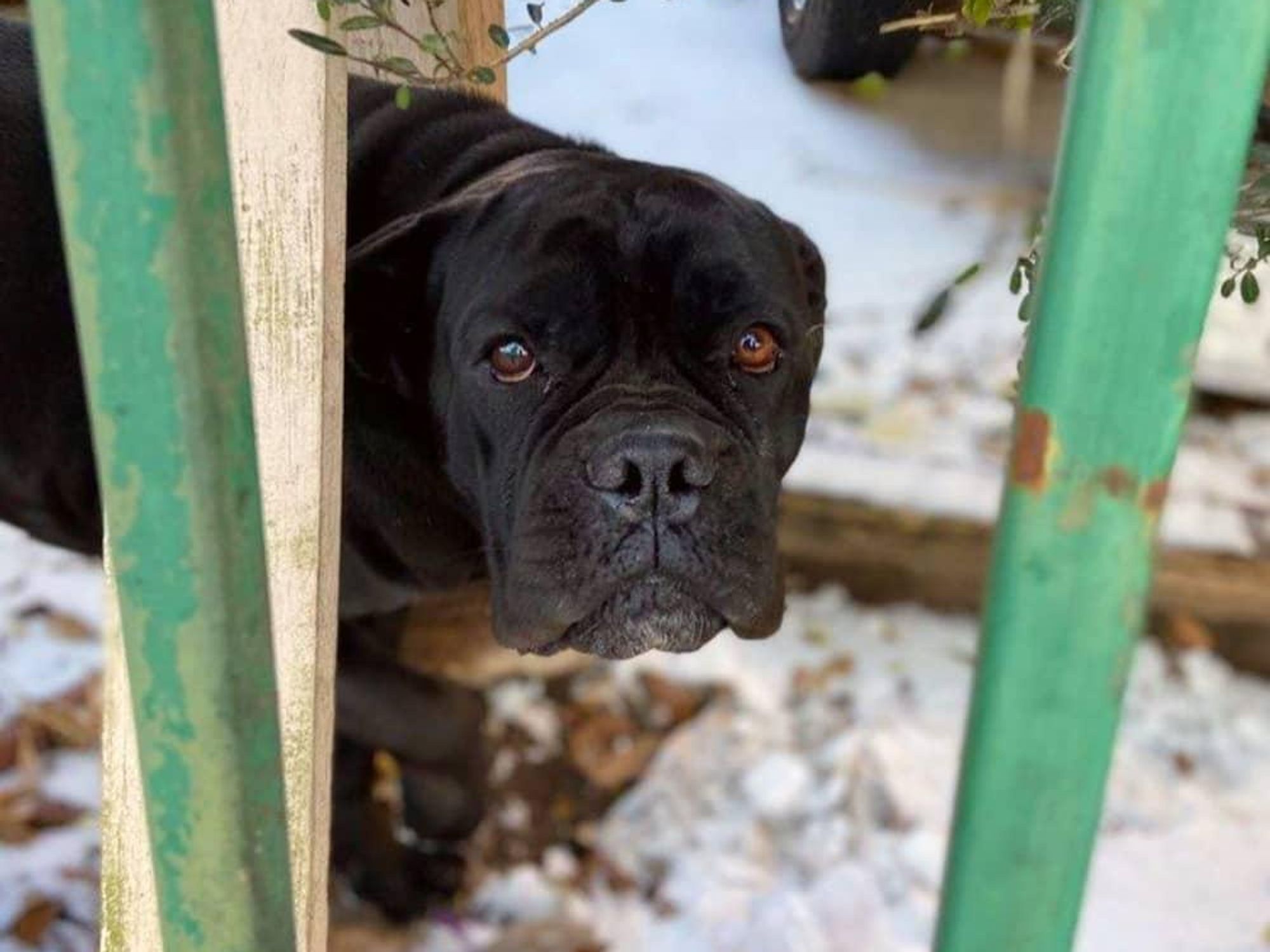Animal News
SPCA of North Texas clarifies myth about whether pets really 'love the cold'

With Dallas-Fort Worth enduring sub-freezing temperatures and icy conditions for the next few days, the SPCA of Texas is offering advice for how to keep your pets safe during cold weather.
You would think that some of this advice would be common sense, but neighborhood pages on Facebook indicate otherwise. It seems to be a not-that-uncommon belief that dogs "love" the snow and cold, with old-school comments like, "Growing up, our dogs never ever came in the house."
As the SPCA notes, freezing temperatures can be dangerous and even deadly for companion animals, and they recommend you keep your pet indoors as much as possible.
Their rule of thumb: If you are cold outside, your pet will be, too.
Wet and cold weather can lead to hypothermia or pneumonia in animals. Especially with very young or very old animals, who are more susceptible to suffering medical issues due to the cold.
They say that walks are OK, but limit outside time to quick walks or bathroom breaks, and consider providing your pet with a pet sweater and booties to protect their paws from ice and snow. Also, avoid pavement — walk on grass when possible.
Advice for those who for whatever reason must
The SPCA of Texas never recommends leaving pets outside full time, but if it's unavoidable, they offer these instructions:
- Always weatherproof their living quarters. The shelter must be covered, dry, insulated, filled with straw or other bedding and should retain heat. It should also be made up of three sides, a roof and a floor.
- The house should be elevated and the entrance pointed away from wind.
It could be against the law under animal cruelty in the state of Texas to leave your pet outdoors in extreme temperatures without appropriate shelter.
Monitor the time your pets spend outdoors and make sure they have fresh water to drink, not frozen.
Again, it's a lousy idea to leave your dogs outdoors, but those who are nonetheless doing that should feed their dogs more often, since they need more calories in the winter to produce body heat.
Pet owners often innocently assume their pets can withstand the cold weather with the aid of their thick coats; however, this is not always the case. Indoor dogs shed their undercoats and should never be made to stay outside for extended periods of time.
Never shave your pets down to the skin in the winter; leave their coats long for more warmth. And when you bathe your pets, completely dry their coats before letting them go outdoors.
Watch their paws
If you take your dogs out for a walk, wipe their paws and legs clean after you come in. This is because they may walk on salt, antifreeze, or other chemicals, which can be poisonous to pets if they lick their paws. Chemicals used to melt snow and ice can not only irritate paws but also lead to frostbite, cuts, or cracks.
Check your car
Before starting your car, check to make sure there are no animals hiding in the exhaust pipe or under your tires. Cats and small animals often seek shelter near or under your car so be sure to look carefully and honk the horn before turning on the engine.
Never leave your dog or cat alone in a car during cold weather. A car can act as a refrigerator in the winter, holding in the cold, and the animal could freeze to death.
